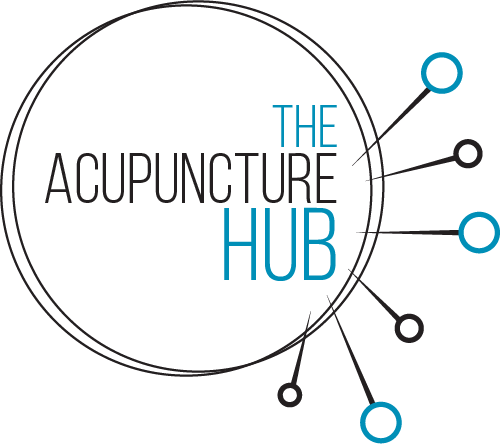Support during chemotherapy and radiation
Acupuncture can be an excellent resource for people undergoing chemotherapy and radiation. It can act as a compliment to your care plan and improve quality of life without adding side effects.
During chemotherapy
During chemo, people most commonly use acupuncture to manage nausea, anxiety, insomnia and fatigue. Regular acupuncture sessions during the course of your chemotherapy can help to manage your stress and bolster your body to better withstand the treatment.
Our 7 day a week schedule and drop in policy make it easier to get in around all your other appointments and remove the stress of time management when you have limited energy.
For people undergoing radiation or recovering post surgery, acupuncture can help to manage localised pain, and lymphedema. By using the acupuncture “balance method” we are able to treat the affected body parts without needling into them-this means treatment is safe even if you have had lymph nodes removed.
In remission
For patients who have finished treatment or who are in remission, acupuncture can be an excellent way to manage the mental and physical symptoms that remain.
Neuralgia
Post chemo neuralgia is common and can be very painful. Often it improves with time, but acupuncture can help speed the healing and moderate the symptoms.
Emotional support
The recovery period can also be an emotionally challenging time. As people integrate the experience of treatment into their lives it is common to experience stress, depression or a feeling of being at loose ends. Acupuncture can provide a good emotional support and offer an opportunity for self care and reflection. It is also a good tool to help people get back in touch with their bodies after having gone through so much discomfort.
Palliative care
For patients who have moved on to palliative care, acupuncture can improve their quality of life and provide emotional support. Managing pain, bolstering appetites and helping with insomnia can have a positive impact.
Community setting
The community setting can also be a source of quiet support. It provides a healing community experience that can encourage people who may feel isolated by their diagnosis
Our group setting also offers the opportunity for care takers or family members to come for a treatment at the same time. Shared experiences and support can help to manage the quality of life for the whole family.
